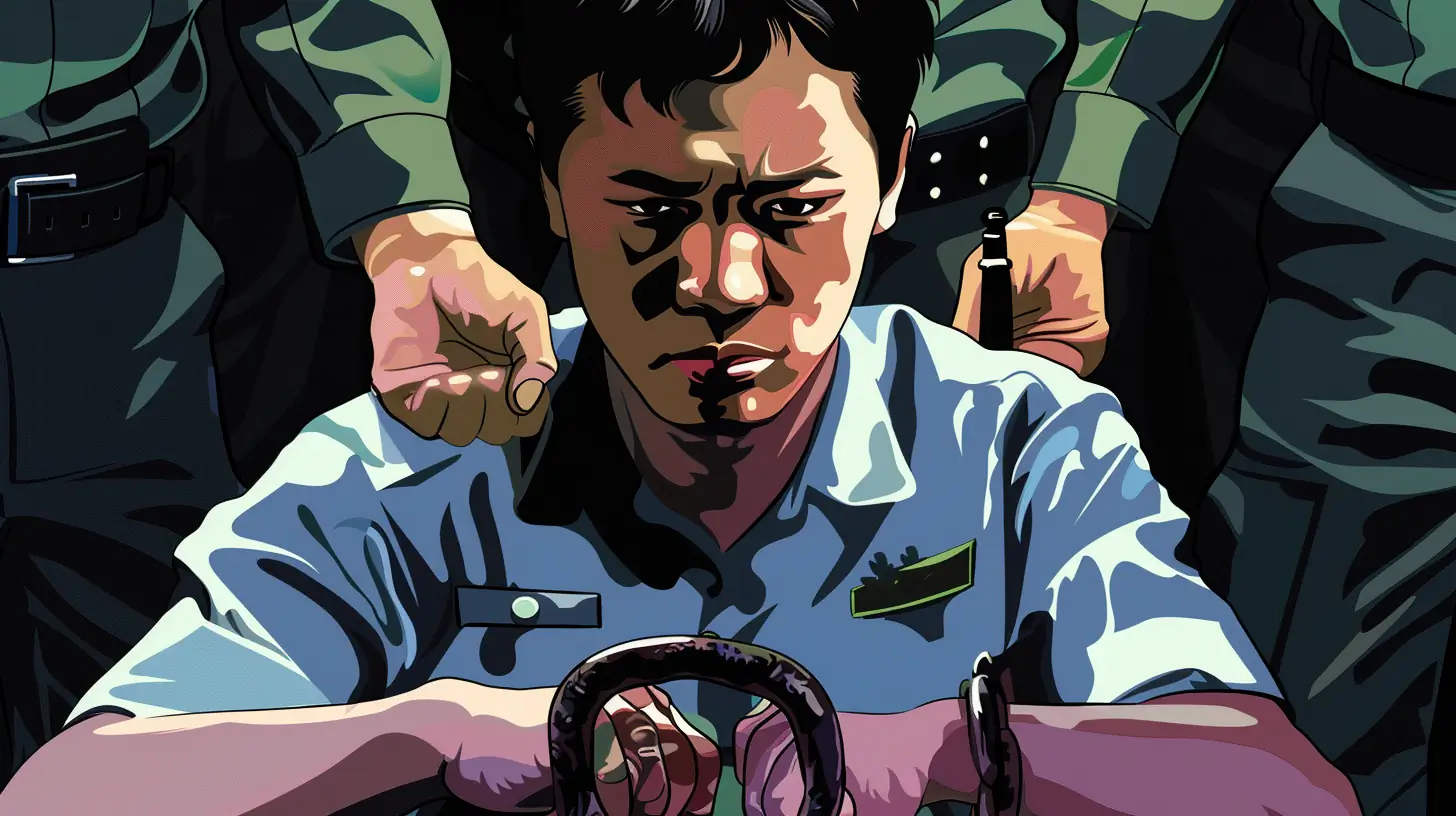Last updated on June 25th, 2024 at 10:00 am
- Driving The News: Dr. Panthep Puapongphan from Rangsit University challenges the proposal to reclassify cannabis as a narcotic, highlighting the risks to patients who may rely on underground sources.
- Why It Matters: Misclassification of cannabis could lead to criminalizing patients and hindering access to medical cannabis, despite its proven benefits.
- The Big Picture: Dr. Panthep calls for a balanced and clear cannabis policy, advocating for legislation that ensures safe medical use while preventing misuse.
BANGKOK, THAILAND – Dr. PANTHEP PUAPONGPHAN, Dean of the College of Oriental Medicine at Rangsit University, has raised significant concerns over the proposal to reclassify cannabis as a narcotic. In a recent article, he emphasized the potential risks to patients who rely on cannabis for medical purposes, arguing that reclassification could force them to use underground sources, increasing their risk of criminalization.
Dr. Panthep pointed out that the current legal ambiguities surrounding cannabis have led to confusion among the public and healthcare providers. He argued that instead of reclassifying cannabis under the Narcotics Control Act, it should be regulated under specific legislation that addresses its unique medical, health, and economic benefits.
He highlighted data from a study by Professor Dr. Sawitri Atsanangkornchai, which revealed that 84% of patients had to resort to using cannabis outside the official medical system due to restrictive laws. The study found that 93% of these patients reported significant improvements in their conditions, including diabetes, AIDS, cancer, and various chronic diseases.
Dr. Panthep stressed the importance of creating a comprehensive cannabis policy that protects patients and ensures access to safe, regulated cannabis products. He cited examples from countries like the United States, where cannabis legalization has led to reduced use of more harmful substances and improved public health outcomes.
He called for open and evidence-based discussions to develop a balanced cannabis policy that recognizes its medical benefits and addresses concerns about misuse. “We must avoid making patients criminals. Proper legislation is needed to regulate cannabis effectively and ensure it is used safely and responsibly,” he concluded.
Contributing Sources: Thai Post
